Alumni
Comments from MERL researchers that have become professors at major universities.
-
Piyush Grover, professor at University of Nebraska-Lincoln
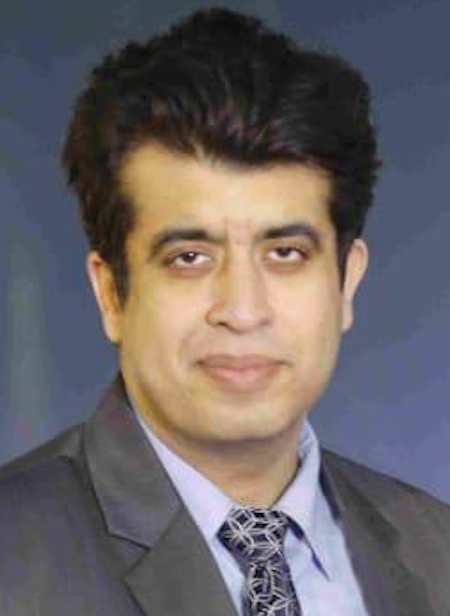
"At MERL, I was involved in research in topics as wide ranging as space mission design, two-phase heat transfer, vehicular traffic control, environmental fluid mechanics and multi-agent robotics. MERL is one of the few industrial labs in the world where such a thing is even possible. I joined MERL straight out of graduate school, and feel fortunate to have had several inspiring colleagues and fruitful interdisciplinary collaborations. Another highlight for me was working with excellent graduate student interns every summer, brimming with energy and new ideas from the top universities around the world. Working on a mix of fundamental and applied problems helped me develop my own research vision that continues to guide me in my current academic position."
-
Andreas F. Molisch, professor at University of Southern California
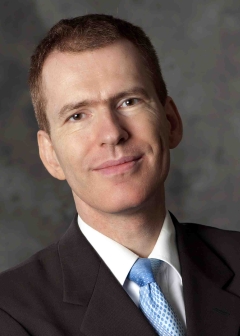
"MERL is one of the internationally leading research labs for communications, computer science, image processing, mechatronics, and related areas. One of the most attractive points for me has been that it enables fundamental research, while at the same time connecting this research to actual products and standards. Another benefit is the group of smart and nice colleagues that makes research there fascinating and fun. Working there not only was enjoyable, but taught me many things I have been benefiting from over the years."
-
Lei Zhou, professor at University of Texas at Austin
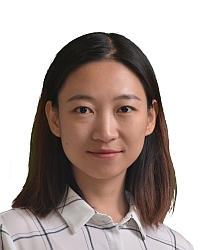
I was very fortunate to have the opportunity to join MERL as a Visiting Research Scientist when I was fresh out of my PhD program. It was a very enjoyable and fulfilling year. MERL is such an amazing place where researchers with various expertise work closely together on research projects, which I believe is the most effective way for engineering research in modern times where problems are interdisciplinary. At MERL, I worked together with a team of experts in physics, control, and electronics, and learned so much from the frequent interactions with them. MERL is also impressively open to various kinds of research ideas and topics. At MERL, I had the freedom to propose and work on high-risk-high-reward ideas and also have worked on application-driven research problems that are of strong industrial relevance. Such a broad spectrum of topics was a gift, through which I was able to enjoy the excitement of exploring the frontier and learn the real industrial needs from an applied perspective. This experience at MERL was a perfect preparation for my academic career at UT-Austin."
-
William T. Freeman, professor at Massachusetts Institute of Technology
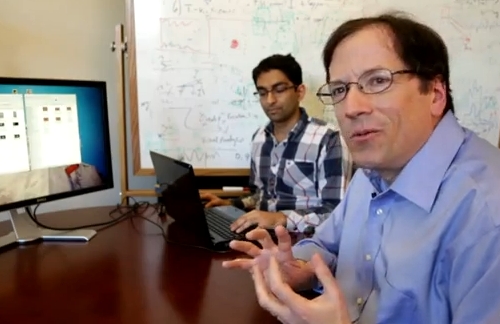
"My nine years at MERL were wonderful. I had the freedom to work on fundamental problems, to collaborate with researchers outside the lab, and to publish. I kept one foot in academia and one foot in industry. Doing that for so long required picking a research agenda that excited both me and Mitsubishi Electric, but I was able to do that, and many times Mitsubishi Electric provided problems that spurred the research. I had the satisfaction of seeing my work have impact both within the academic community and within the parent company. Being able to follow directions I was passionate about was a real gift."
-
Ziming Zhang, professor at Worcester Polytechnic Institute
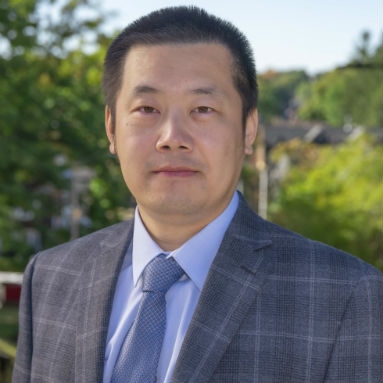
"I was fortunate to join MERL in 2016 where I spent three wonderful years. To me, MERL is a big family where everyone is so friendly, smart, and supportive. The culture at MERL is great which respects the effort of everybody and advocates a balanced and fruitful life. I enjoyed the freedom in fundamental research and collaboration inside or outside MERL. Meanwhile, I was also able to make significant impact on products through collaboration with the parent company. In return, such unique experience provides me great research opportunities and problems that can help reshape my research. Overall, I am very proud to have been a part of MERL, and appreciate everything that MERL has brought to me forever."
-
Ramesh Raskar, professor at Massachusetts Institute of Technology
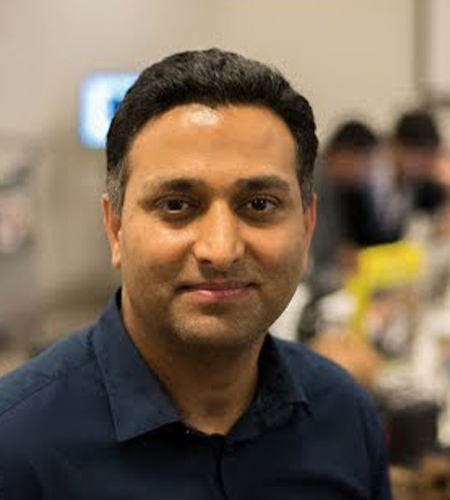
"Fresh out of PhD, it was fantastic to work in broad areas without boundaries in a research lab of a large conglomerate that develops tiny chips to cameras and TVs to large robots and smarts for bullet trains. I had fantastic colleagues in Cambridge who were world leaders in their own research fields, but over time I also realized the role of liaisons that were committed to translating research into products. I was in a unique position to publish high-quality research and at the same time see many of my ideas spawn new product families. This dual platform MERL provided to academic as well as commercial world, was ideal in preparing for my next career at MIT Media Lab."
-
Ashok Veeraraghavan, professor at Rice University
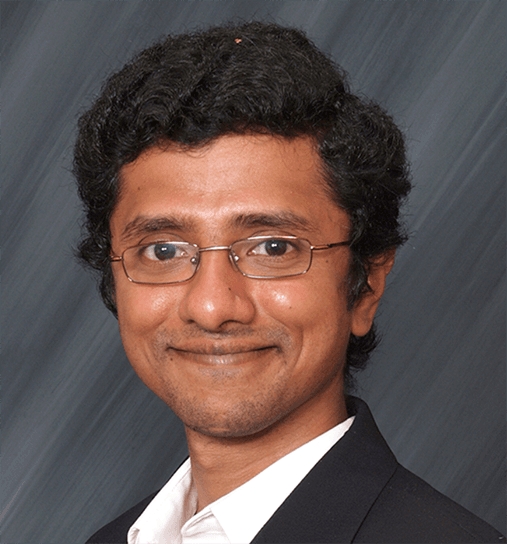
"My first interaction with MERL was when I met a friend after his short stint as an intern at MERL. He was beaming with pride about his recent research, and his infectious enthusiasm bit me. I applied to be an intern and spent the next several months as an intern at MERL. It was exciting, engaging, tough, sleepless and fulfilling all at the same time. The SIGGRAPH deadline was approaching and my corner of MERL was brimming with the caffeinated energy of 5 sleepless research scientists and 20 even more sleepless interns: I felt like I was a part of something bigger than myself, something special and it was this feeling of belonging (even as an intern), that ultimately made it easy for me to decide to join MERL as a research Scientist immediately upon my graduation from UMD.
"I spent three wonderful and rewarding years as a Research Scientist. I was one of a group of 6 greenhorns right out of their PhDs, who were trying to learn the ways of performing cutting-edge research. They became some of my closest friends and that made it easy to tolerate when they invariably and with alarming regularity found holes in my until-then watertight ideas. The speed and intensity with which mediocre ideas were culled out necessarily forced all of us to dig deeper and focus all of our energies on the ideas that had the best merit. This was a collaborative yet competitive experience—much like sport, everybody became better through participation and everybody left with a better sense of their own creative and intellectual strengths."
-
Chen Feng, professor at New York University
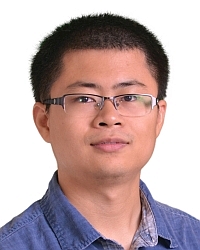
"I feel very lucky to work at MERL for my first full-time research job right after obtaining my Ph.D. degree. Transitioning from academic research in the university to MERL was very smooth for me, thanks to MERL's diverse, vigorous, and inclusive research environment. Being at MERL for three years gave me lots of opportunities to broaden my horizon and sharpen my skills via collaborations with colleagues who are top-notch experts from a variety of fields.
"Comparing to my experience in academia, I was and am still surprised by the amount of research freedom I had at MERL. This is very important for a junior researcher to grow: in my second year, I was able to propose and lead a fundamental research project about deep learning on point clouds, which led to some of my most impactful research works at MERL.
"Moreover, the friendly and scholarly atmosphere at MERL is invaluable. How I miss those Tuesday afternoon's social hours, the brown-bag lunch talks, and the paper reading groups!" -
Ulugbek Kamilov, professor at Washington University in St. Louis
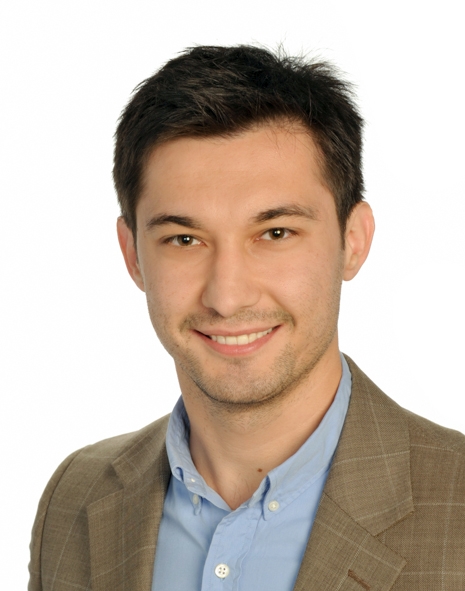
"Joining MERL was one of the most exciting moments in my research career. I have always aspired to join MERL, due to its reputation as a center where leading researchers transform fundamental research ideas into real products. MERL ended up exceeding my expectations. My three years there were some of the most productive and happy periods in my career. I joined a fantastic team consisting of leading experts in computational sensing with whom we tackled some of the most stimulating problems in our area. I was exhilarated by the multidisciplinary nature of my projects that involved researchers from all areas of engineering, including computer vision, control, applied physics, and communications. MERL’s location at the heart of Cambridge made it easy to engage with researchers from other local institutions, such as MIT, Tufts, and Boston University. My colleagues and I would regularly attend local seminars from the most renowned researchers in the world, debate new ideas over lunch, and develop our own unique research directions. I wish there were more centers like MERL, where one could do academia-grade research within industry."
-
Shinji Watanabe, professor at Carnegie Mellon University
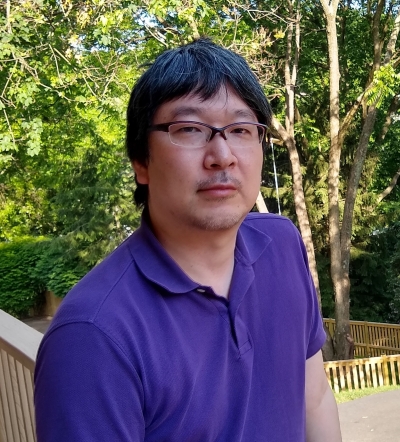
"My research life at MERL was fantastic. During this period, I concentrated my full efforts on high-impact research with outstanding colleagues under a great research environment giving me numerous opportunities. In addition, MERL's "at home" culture made us feel like family members. We were always helping each other accomplish our ambitious research goals, with great support and leadership from the managers and directors. I could not have established my current research career without my MERL life."
-
Stark C. Draper, professor at University of Toronto
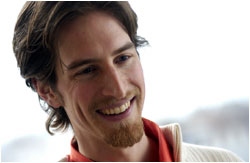
"I feel quite fortunate to have a long-standing collaboration with MERL. This collaboration, and my interactions with MERL and its parent company (Mitsubishi Electric Corporation) more generally, has influenced my areas of research, has heightened my interest in work with industry, and informs the advice I give to graduate students. I worked at MERL full time for one year, between when I finished my post-doc at the University of California, Berkeley, and when I started as an assistant professor at the University of Wisconsin, Madison. I have since collaborated continuously with MERL on a number of projects. My now strong interest in theory and algorithms for error-correction coding started at MERL as did my research into information-theoretic security. My work with MERL in these two areas has resulted in numerous publications and patents, and is now having an impact on actual products and on international standards. In my experience, research at MERL is both at the forefront of technology and is shaped by business and product constraints. This can be a rich marriage, but leads to a delicate balancing act for the managerial and technical leadership: between affording researchers creative freedom and making an impact on business. When I interact with other industrial labs I look to see if the balance is struck as well as it is at MERL.
"MERL's philosophy of collaboration is impressively open and broad, which I believe is a significant contributor to its success. MERL researchers are actively involved in the broad research community: they publish in top-tier conferences and journals; they act as associate editors of journals, chair conferences, and serve in leadership positions in technical societies; and they help shape domestic and international standardization efforts. MERL researchers frequently mentor graduate students through MERL's intern program, which brings in a large influx of fresh talent and energy every summer. MERL plays an important role within Mitsubishi Electric. Its mandate is to stay at the forefront of technology, to identify important nascent technologies and trends, and to make early and foundational contributions. This long-term focus is connected to the business units through continuous efforts by MERL management, and through these efforts an environment has been created in which fledgling ideas can be nurtured and developed until it is their turn to make impact."
More alumni that have become professors at major universities.
- Shai Avidan, professor at Tel-Aviv University
MERL tenure: 2004-2007
MERL technical reports
- Siheng Chen, professor at Shanghai Jiao Tong University, China
MERL tenure: 2019-2020
MERL technical reports
- Neelesh Mehta, professor at Indian Institute of Science, Bangalore
MERL tenure: 2003-2007
MERL technical reports
- Gim Hee Lee, professor at National University of Singapore
MERL tenure: 2014-2015
MERL technical reports
- Michael Casey, professor at Dartmouth College
MERL tenure: 1999-2002
MERL technical reports
- Paris Smaragdis, professor at University of Illinois at Urbana-Champaign
MERL tenure: 2002-2007
MERL technical reports
- Ngai-Man Cheung, professor at Singapore University of Technology & Design
MERL tenure: 2011-2012
MERL technical reports
- Charles Rich, professor at Worcester Polytechnic University
MERL tenure: 1991-2007
MERL technical reports
- Claus Danielson, professor at University of New Mexico
MERL tenure: 2014-2020
MERL technical reports
- Wojciech Matusik, professor at Massachusetts Institute of Technology
MERL tenure: 2005-2007
MERL technical reports
- Chia Shen, professor at Harvard University
MERL tenure: 1992-2008
MERL technical reports
- Candace Sidner, professor at Worcester Polytechnic University
MERL tenure: 2000-2006
MERL technical reports
- Bhiksha Raj, professor at Carnegie Mellon University
MERL tenure: 2001-2008
MERL technical reports
- Daniel Wigdor, professor at University of Toronto
MERL tenure: 2005-2006
MERL technical reports
- Thiago Serra, professor at Bucknell University
MERL tenure: 2018-2019
MERL technical reports
- Hanspeter Pfister, professor at Harvard University
MERL tenure: 1996-2007
MERL technical reports